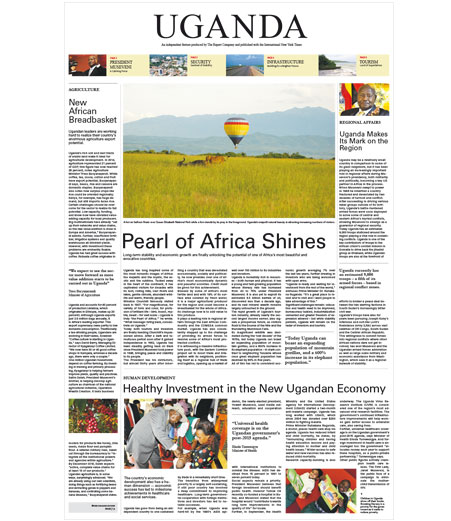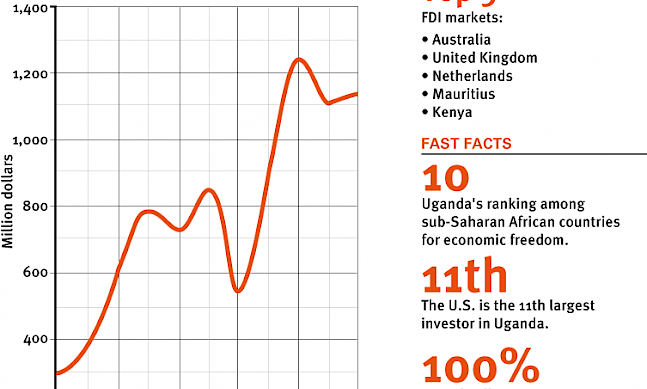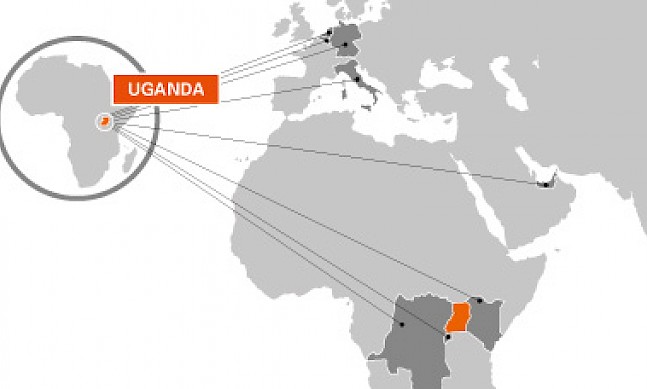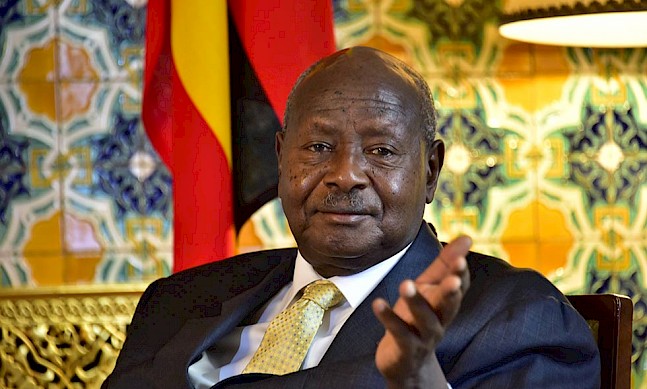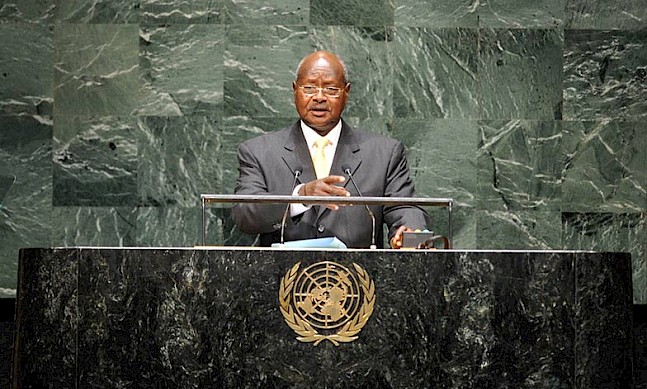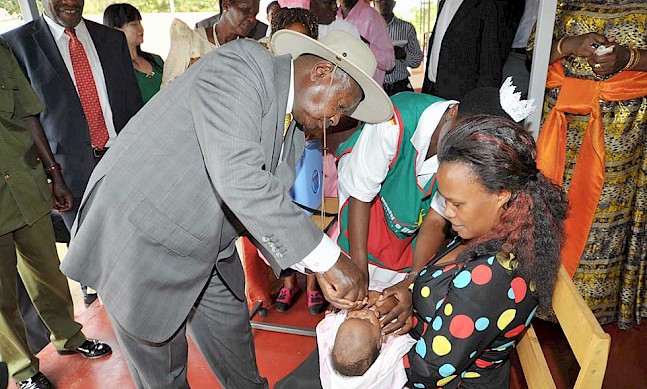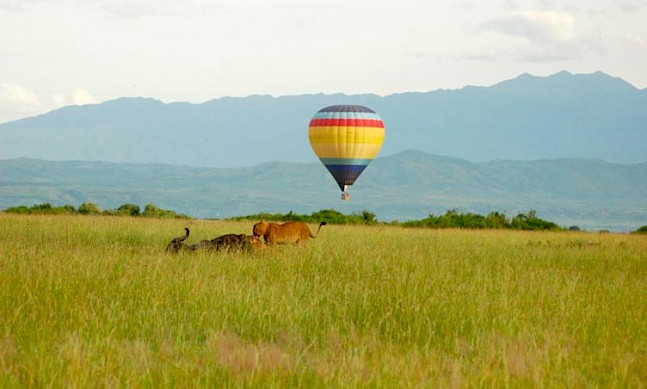After being forced to flee Uganda as a youth during the dictatorship of Idi Amin, Roni Madhvani’s family returned to their homeland after the regime ended, building operations in sugar, tea, steel, insurance and tourism. Forecasting that tourism would become a growth industry, the Marasa Group spread across the region, with three properties in Kenya complementing its safari lodges in Uganda. The Report Company visited Marasa Group’s headquarters in Kampala to find out more.
The Report Company: How has the group developed?
Roni Madhvani: Our bread and butter historically had been manufacturing and the industrial sector. We decided to get into tourism when we saw the opportunity that no one was looking at in the mid-1980s, when some of the government-owned properties came up for privatization. That was also around the time when we had a conflict going on in northern Uganda. Tourism is a long-term business, but we are positive about it. That is the origins of our involvement.
What we saw is that when marketing your destination, you need a circuit, and this is why we have three lodges and the offerings of two major national parks. We also saw that people are looking for the whole package, so that’s where we got into ground handling through Premier Safaris. Premier Safaris does ground handling not only for our own properties but also we work with other hotel property owners. By getting involved in ground handling, there are certain deliverables which we control in terms of expectations. For example, we have very experienced driver guides, and the driver makes all the difference to a safari. We have created a total Uganda product which we are able to then market. Right now, there’s a lot of work going on in terms of photographic safaris. It’s still very gorilla-centric, but people are coming to see what else we have to offer.
What we offer is a tailor-made experience. Our clients are looking for a unique experience, and we provide them with a specialist offering.
TRC: Given that you have properties in both Kenya and Uganda, how do the two markets compare?
RM: There are a lot of differences. For example, Kenya has a big middle class so there is domestic demand. In Uganda, our middle class were either wiped out or they fled abroad. Ugandans are very different; Kenyans are more proud of their country and willing to explore and discover it. They are taught at school to be proud. In Uganda, if someone comes into money, they would rather go to Dubai than travel within their own country. The local market in Uganda is still very young, whereas in Kenya you are able to weather the storm of external factors to a certain degree by relying on your local market.
In terms of tourism as an industry, Kenya has always been on the map, so there’s a sort of historical antecedent, whereas Uganda is still a novice. It’s a different market altogether. As a result of the limited numbers in Uganda, the costs are higher as well, because you don’t have the economies of scale.
However, I see this changing as the growth of the country depends on the growth of the middle class. The seeds have been sown and one of the prerequisites for the growth of the middle class is to have a continuity of political stability, which we have.
TRC: What are the challenges when it comes to marketing Uganda as a destination?
RM: To sell Uganda, you need awareness about the individuality of Uganda. For example we have 600 species of bird, and that’s really going to appeal to an ornithologist, but to talk to an ordinary person who just wants to go on safari, that doesn’t really balance out and give that much credibility. When we are marketing gorillas, we are in competition with Rwanda, and then distances come into play. You can see gorillas within an hour and a half of landing in Kigali, whereas here if you go by road, it’s either a 10 hour journey by road, or you can fly there which will cost you $500. Those are the issues that the industry is faced with.
The proposition has to be one that is based on all of the attractions coming together. I think to focus on any one thing is simply not enough. I think the way to sell the country is that there are so few tourists coming that it is still unspoiled and unique; it is almost like you are discovering Africa. There are very few places you can go on the continent and be alone, and not surrounded by other tourists. That has to be one of the focuses of selling it.
Given our regional presence, I think we can work toward offering the East Africa region as a destination, as opposed to just Uganda.
TRC: What is your outlook for the industry?
RM: On the long run, it’s positive, otherwise we wouldn’t continue. We go through ups and downs, but we will overcome them. Imagine, 15 years ago, no-one would have thought that the war would be resolved and there would be peace in Uganda. There was that Kony 2012 campaign, but there is no Kony, he’s not been in Uganda for 10 years. So the future is bright.


